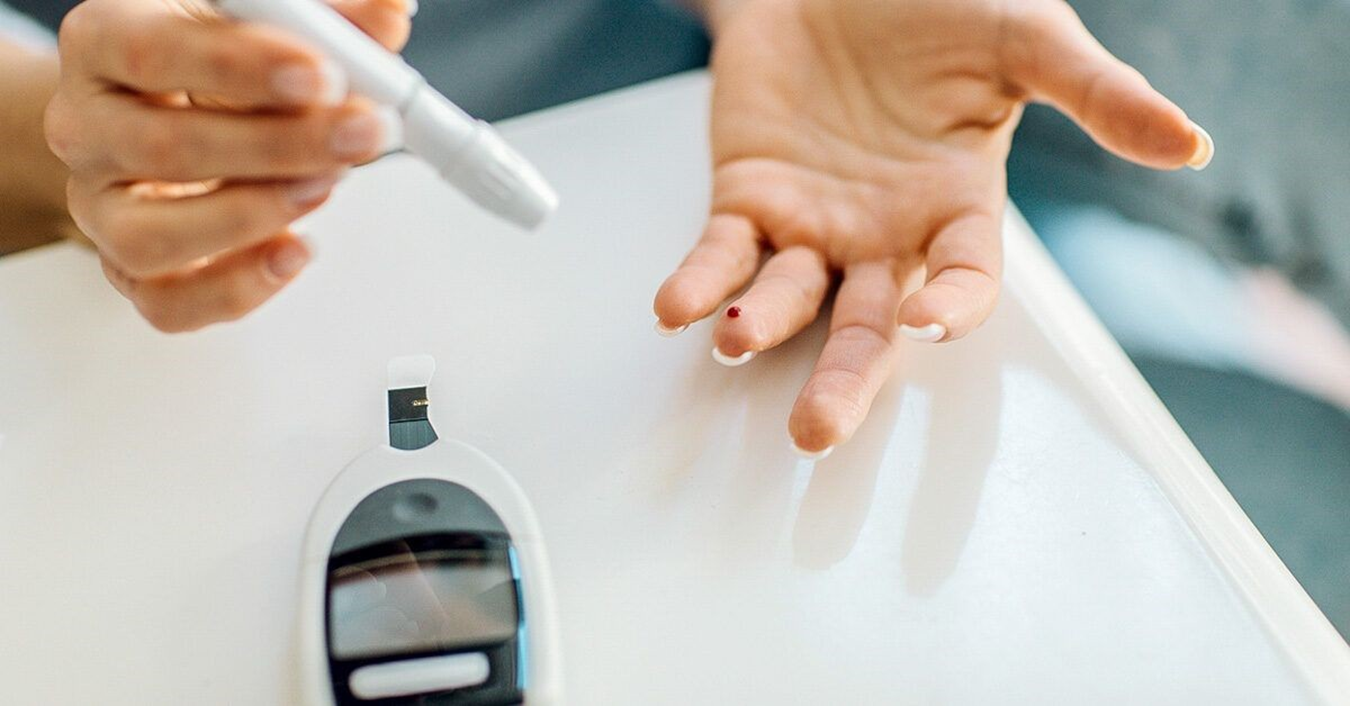An elderly patient is admitted with an acute onset of diverticulitis, and intravenous antibiotic therapy is started. What should the nurse do next?
Elevate the head of the bed.
Initiate a bowel prep protocol for surgery.
Educate the patient on increasing dietary fiber.
Maintain the patient’s NPO status.
The Correct Answer is D
Diverticulitis is an inflammation or infection of the pouches formed in the colon. During an acute onset of diverticulitis, it’s important to rest the bowel to allow for healing. Therefore, maintaining the patient’s NPO (nothing by mouth) status would be the appropriate next step.
Nursing Test Bank
Naxlex Comprehensive Predictor Exams
Related Questions
Correct Answer is ["A","B","E"]
Explanation
Choice A rationale
Checking the fingerstick glucose level is an immediate action that the nurse should take when a patient with type 2 diabetes reports feeling weak and jittery. These symptoms could indicate hypoglycemia, a condition characterized by low blood sugar levels.
Choice B rationale
Assessing skin temperature and moisture can help the nurse determine if the patient is sweating, a common symptom of hypoglycemia.
Choice C rationale
Administering a PRN dose of regular insulin is not the appropriate action if the patient is experiencing symptoms of hypoglycemia. Insulin would further lower the patient’s blood sugar levels, potentially worsening their condition.
Choice D rationale
Documenting anxiety on the surgical checklist may not be immediately helpful in addressing the patient’s current symptoms. While it’s important to document all relevant information, the nurse’s immediate focus should be on assessing and managing the patient’s symptoms.
Choice E rationale
Measuring pulse and blood pressure can provide important information about the patient’s cardiovascular status. Hypoglycemia can cause tachycardia and potentially hypotension, so these vital signs should be monitored.

Correct Answer is ["125"]
Explanation
Step 1 is to convert the volume of the prescription from liters to milliliters. 1 liter is equal to 1000 mL. So, the prescription is for 1000 mL of lactated Ringer’s.
Step 2 is to divide the total volume by the total time. The prescription is to be infused over 8 hours. So, 1000 mL ÷ 8 hours = 125 mL/hr. Therefore, the nurse should program the infusion pump to deliver 125 mL/hr.
Whether you are a student looking to ace your exams or a practicing nurse seeking to enhance your expertise , our nursing education contents will empower you with the confidence and competence to make a difference in the lives of patients and become a respected leader in the healthcare field.
Visit Naxlex, invest in your future and unlock endless possibilities with our unparalleled nursing education contents today
Report Wrong Answer on the Current Question
Do you disagree with the answer? If yes, what is your expected answer? Explain.
Kindly be descriptive with the issue you are facing.
